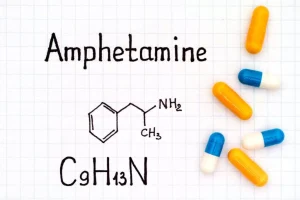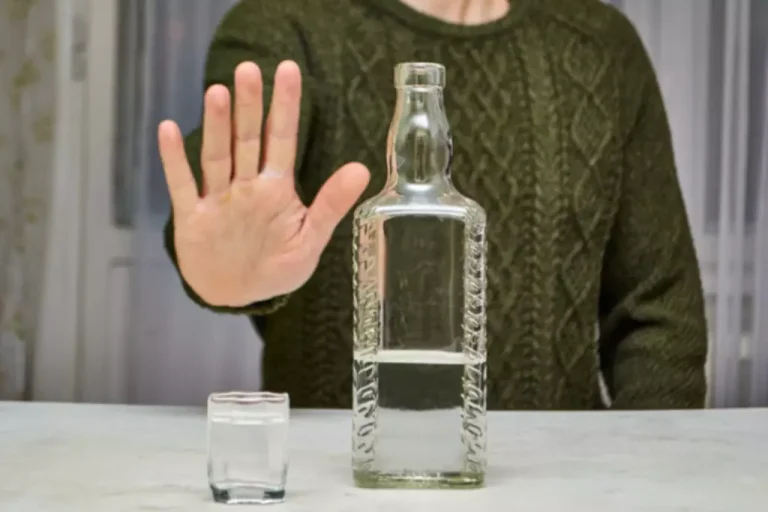
They might be drinking so much now that the alcohol makes them sick or they are engaging in frequent illegal or risky activities influenced by their alcohol use. Their behavior may become erratic at this stage and friends, family, or coworkers might begin to pull away. Alcohol poisoning, which is also life-threatening, can happen at much lower doses. Some people may begin to show signs of alcohol poisoning after only four or five drinks within a two-hour period of time. But more recent research suggests there’s really no “safe” amount of alcohol since even moderate drinking can negatively impact brain health.
Long-term effects
This includes driving under the influence, injuries, sexual assault, or violence. Alcohol also affects proper brain development in teenagers. Thousands of people https://ecosoberhouse.com/ under 21 die from alcohol-related deaths in the U.S. each year. For women, binge drinking is defined as consuming four or more drinks in the span of 2 hours.
What Causes Alcohol-Related Deaths?
On the other hand, binge drinking is generally defined as four drinks for women and five drinks for men within a two-hour period. And even occasional binge drinking episodes can have profound effects on your liver’s health over time. As we learn more about the health harms of alcohol, new alternatives are emerging. Mocktails and other nonalcoholic are gaining popularity—and even tasting better thanks to new developments in food science. As we previously reported, studies show that these drinks really do help people cut back on booze and mitigate its harmful health effects. “The liver has an enormous regenerative capacity,” says Paul Thomes, a researcher at Auburn University, whose work focuses on the mechanism of alcohol-induced organ damage.
The popularity of e-bikes and e-scooters is soaring, but are they safe?

Alcohol can increase your risk for high blood pressure, which can put you at risk for a heart attack or a stroke. And while alcohol is a liquid, it can still pack on empty calories, and drinking too much may lead to obesity. This can increase your risk for heart disease in the long run. As blood alcohol concentration (BAC) increases, so does the effect of alcohol—as well as the risk of harm. Even small increases in BAC can decrease motor coordination, make a person feel sick, and cloud judgment.

Alcohol increases cancer risk
Enjoying a glass of your favorite festive drink can be part of the holiday cheer. However, it’s equally important to understand how alcohol affects your body if you decide to indulge a little more than usual. “Nutrition optimization is actually the most evidence-based ways alcohol can kill you and most important intervention aside from stopping drinking,” points out Dr. Lindenmeyer. This is because, for a lot of people who experience some kind of liver dysfunction, it makes them at risk of not getting enough proteins, calories or vitamins.

Seizures, hallucinations, and delirium may occur in severe cases of withdrawal. No amount of alcohol is considered safe for pregnant people. Ulcers can cause dangerous internal bleeding, which can sometimes be fatal without prompt diagnosis and treatment. Experts recommend avoiding excessive amounts of alcohol if you have diabetes or hypoglycemia. Here’s a breakdown of alcohol’s effects on your internal organs and body processes.
- Someone with alcohol poisoning will be breathing slowly or irregularly, have cold skin, be vomiting a lot, and perhaps have a seizure or lose consciousness.
- If a drink or two leaves you ready for bed, you might be surprised to learn that drinking alcohol is linked to insomnia, or trouble falling — and staying — asleep.
Subscribe to Focused on Health
- If you struggle to control or moderate your drinking, you may be struggling with alcoholism.
- Someone who is “just drunk” will be slurring their words, stumbling around, and acting drowsy.
- By stopping your drinking and living a sober life, you can halt the long-term health effects of alcohol use and keep yourself safe from tragic alcohol-related accidents and deaths.
- If you drink too often, misuse alcohol like binge drink, or drink to the point of blacking out, it can cause many physical and mental health issues in the long term.
- Once someone reaches end-stage alcoholism, the brain, heart, kidneys, and liver have already experienced significant damage.
- Celebrate if a friend or loved one with an addiction takes a step toward rehabilitation … but don’t be surprised by a stumble.
Each person moves through the stages at different rates, with some staying at an earlier stage for a long time and others skipping stages and moving quickly to end-stage alcoholism. This condition can be mild, moderate, or severe, depending on the number of symptoms you have. “The good news is that earlier stages of steatotic liver disease are usually completely reversible in about four to six weeks if you abstain from drinking alcohol,” Dr. Sengupta assures.
Binge drinking
It’s a life-threatening, late-stage liver disease that can stop the liver from properly filtering blood. This can cause other organs in your body to shut down and increase your risk for death. Cirrhosis usually takes decades to develop, and sometimes people are not aware of it until it’s too late.

And all too often, their friends and family pick up the slack. Talking to an addiction counselor can help you better understand the situation and work through your feelings. Programs like Al-anon, Alateen and Families Anonymous offer opportunities for emotional support.
It’s caused usually by binge drinking and can lead to death or brain damage. If you see signs of alcohol poisoning, such as throwing up, seizures, slow breathing, or severe confusion, don’t hesitate to call 911. Teenagers and young adults who drink may be at particular risk for alcohol overdose. Research shows that teens and college-age young adults often engage in binge drinking and high-intensity drinking. Drinking such large quantities of alcohol can overwhelm the body’s ability to break down and clear alcohol from the bloodstream. This leads to rapid increases in BAC and significantly impairs brain and other bodily functions.




